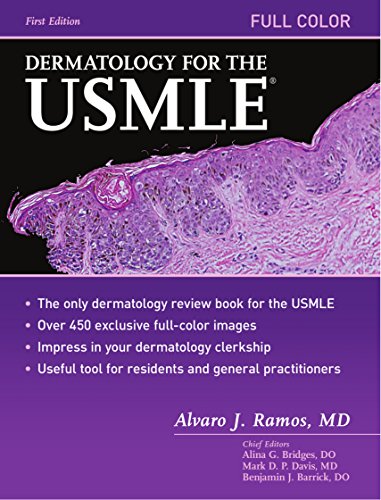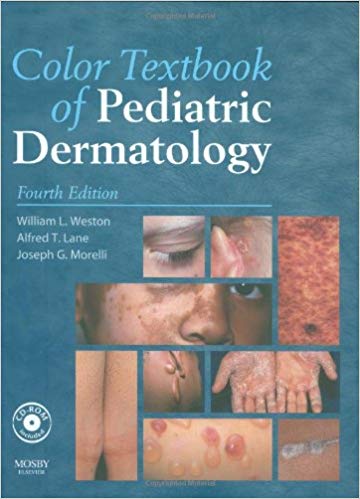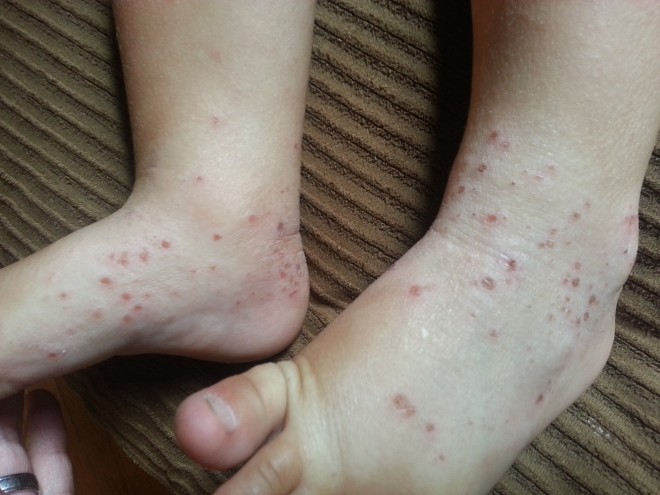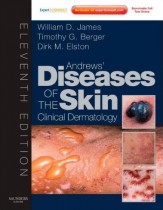Category: Dermatology
-

Dermatology for the USMLE (2017)
Dermatology for the USMLE (2017) is only about 150 pages long but it’s packed with all the buzzwords and images that you need to know for the United States Medical Licensing Examination (USMLE) and other standardized tests. This is not a foundational textbook in dermatology so you’d probably be doing yourself a disservice if you…
-

Color Textbook of Pediatric Dermatology (2007)
Color Textbook of Pediatric Dermatology (2007) would ordinarily lie on the margins of the spectrum of books that I’d consider review-worthy: it’s approximately 400 pages long, has multiple authors and is, well, a textbook. Longer, multiple-author textbooks tend to fall apart conceptually at about 400 pages in length. This book, however, holds things together very…
-

Atopic Dermatitis (“Eczema”): How to Control it
Step 1: First of all, make sure it’s really atopic dermatitis! Atopic dermatitis is a pruritic, immune-mediated skin condition that is common in all age groups, but is particularly common among infants, toddlers and small children. It is commonly called eczema by clinicians and laypersons alike. There are three different highly pruritic skin conditions that…
-

Teach Yourself Dermatology!
You can become good to excellent at dermatology with the aid of no more than three books: Andrews’ Diseases of the Skin: Clinical Dermatology, 11e (2011): this book is king when it comes to a profoundly medicine-based understanding of dermatology. I seldom, if ever, recommend textbooks – and this one is more than 1210 pages…
-
Angioedema without Urticaria
The differential diagnosis for angioedema without urticaria (“hives”) is fairly narrow, and requires a unique workup and management strategy. Clinical presentation Patients present with sudden, profound, non-erythematous, non-pruritic localized edema of distensible tissues such as lips, eyelids, tongue and external genitalia. The key here is that they are negative for hives, itching, or bronchospasms. Two…
-
Systemic Causes of Pruritus (Itching)
The main systemic causes of itching are: Cholestasis Uremia Pregnancy-related problems Lymphoproliferative (especially systemic mastocytosis) and hematopoietic disorders, including iron deficiency anemia Endocrinal problems such as hypothyroidism and diabetes mellitus Drug side effects, such as opioids and drugs which cause cholestasis. Allergic reactions Therefore, in the absence of primary skin findings, a basic workup for itching might…